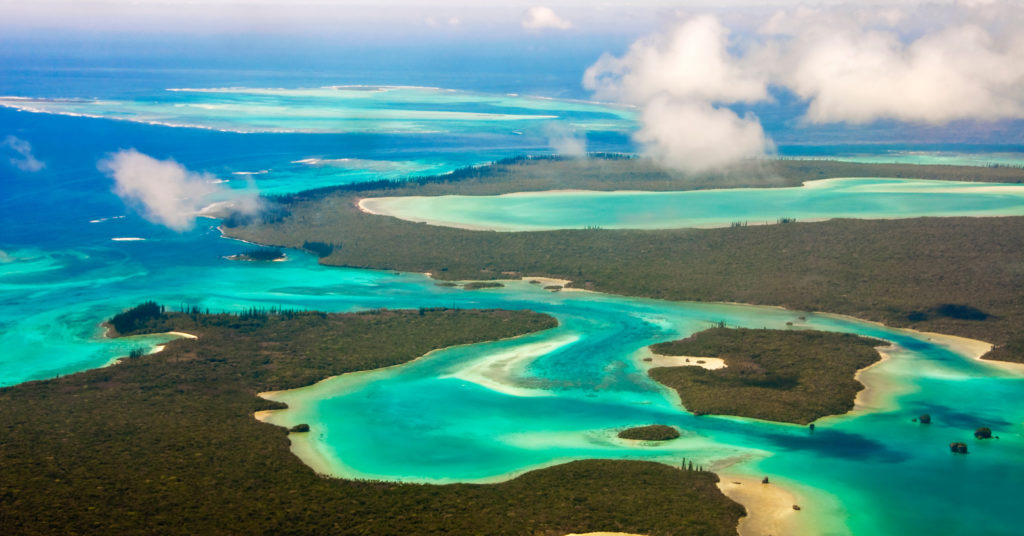Macron calls state of emergency over protests in New Caledonia

President Emmanuel Macron is imposing a state of emergency in the French archipelago of New Caledonia after pro-independence protests left at least three dead and disrupted nickel production.
The state of emergency comes into effect at 8 p.m. CET and will last 12 days, the French government spokesperson, Prisca Thevenot, told reporters Wednesday following a cabinet meeting on the subject called by Macron. The measure allows the government to prohibit public protests or require that people stay in their homes, among other actions.
Hundreds of additional security personnel will be flown to New Caledonia starting today, the Interior ministry said in an e-mailed statement.
The most recent protests are centered on a draft constitutional change being examined by French lawmakers that would modify voting conditions in the territory. As of now, only people who have been in New Caledonia for a certain length of time are able to vote in elections, effectively excluding residents who came after 1998 even if they were born there.
The draft law, which Macron supports and which was adopted by France’s National Assembly this week, would change these rules. Pro-independence movements say they fear that the change would result in a loss of electoral weight for their community.
French authorities mobilized police and shut airports in New Caledonia following the demonstrations. The local administration imposed curfews and banned gatherings, it said in a statement, after 130 people were arrested and 60 injured during the unrest.
The violence has disrupted nickel production, hitting miners including French firm Eramet SA, although the protests weren’t directed against mining companies. New Caledonia was the world’s third-biggest producer of the electric vehicle battery metal last year, accounting for around 6% of global output, according to the US Geological Survey.
The tensions further cloud the future of New Caledonia’s nickel industry, a key economic lifeline for the territory. Miners have complained that production prices were too high on the island, and have threatened to stop funding their operations.
The French government, wary of the economic impact that nickel plants’ shutdowns would have on the local economy, proposed fresh subsidies and tax relief earlier this year.
France officially recognized local Kanak identity in 1998 and granted increased autonomy to the territory. Three independence referendums have been held since then, all coming out in favor of remaining French, but Kanak leaders boycotted the most recent one, held in 2021, citing difficulties linked to Covid.
(By Ania Nussbaum, Samy Adghirni and Paul-Alain Hunt)
{{ commodity.name }}
{{ post.title }}
{{ post.date }}




Comments